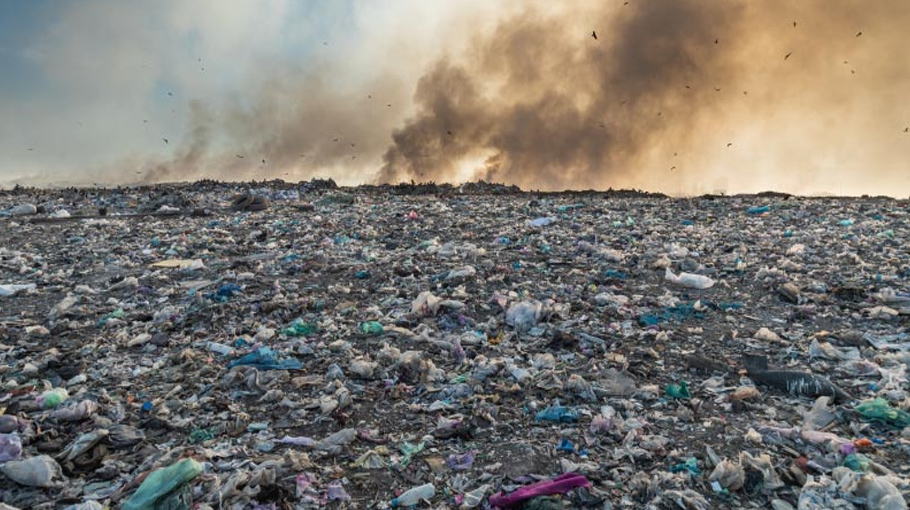Bangladesh faces mounting e-waste management crisis

Experts expressed deep concerns over the escalating e-waste management crisis in the country. Shockingly, Bangladesh currently generates around 3 million tonnes of e-waste annually, with smart devices alone contributing 10.5 tonnes to this staggering figure.
Even more alarming is the fact that e-waste is increasing at an alarming rate of 30 percent each year. If not addressed urgently, experts warn that by 2025, Bangladesh could become a wasteland burdened with billions of tons of e-waste.
Speakers raised such concerns in a round table discussion titled, ‘Bangladesh at Carbon Risk of E-waste: Causes and Pathways’ under the initiative of Bangladesh ICT Journalists Forum (BIJF) held at the capital’s Pan Pacific Sonargaon Hotel on Saturday.
During the discussion, Dean of the School of Science and Engineering at the Canadian International University of Bangladesh, Dr. Syed Akhtar Hossain, presented a keynote speech.
He highlighted the absence of guidelines for e-waste management and emphasized the need for a comprehensive e-waste management policy tailored to each product. Dr Hossain proposed the establishment of an International Standard E-Waste Awareness Day, scheduled to be celebrated across the country from October 14, 2023, in collaboration with BIJF. Additionally, a hackathon on e-waste management involving students will also be organized.
BIJF President NazneenNahar underscored the importance of this initiative in protecting future generations from the dangers posed by e-waste. She emphasized the need to strengthen the organization's efforts in the future.
Rezaul Karim, the Managing Director of the Bangladesh Hi-Tech Park Authority, acknowledged the relevance of e-waste management in the current era. He emphasized the necessity of creating awareness and establishing a specific authority dedicated to managing e-waste. Karim expressed hope that BIJF would act as a pressure group to facilitate the implementation of effective e-waste management strategies.
During the discussion, Professor Lafifa Jamal drew attention to the fact that today's electronics products would become tomorrow's e-waste. She stressed the importance of determining appropriate disposal methods for electronic components such as keyboards and mice. Referring to the e-waste management rules of 2022, Professor Jamal pointed out that the provision to return these products to manufacturers was not being followed. Hence, she emphasized the urgent need to raise awareness about proper e-waste disposal.
Roshan Mumtaz, Director of the CERM (Center for Environmental Resource Management) at the Faculty of Civil Engineering, BUET (Bangladesh University of Engineering and Technology), stated that e-waste should be viewed as an e-resource rather than waste.
He highlighted the significance of conserving and managing e-waste effectively, citing Japan's efforts to extract precious metals from recycled e-waste for the production of gold medals. Mumtaz suggested that establishing a recycling plant within the hi-tech park would maximize the utility of e-waste as a valuable resource.
The speakers collectively emphasized the immediate need for strict enforcement of laws to prohibit the import of refurbished electronic products from abroad and to ensure effective e-waste management within the country. They stressed the importance of public-private partnerships to portray Bangladesh as a smart nation, capable of addressing the e-waste challenge and setting an example for the world.
As the e-waste crisis continues to escalate, urgent measures must be taken to prevent Bangladesh from drowning in an ocean of e-waste. The collective efforts of government bodies, organizations like BIJF, industry stakeholders, and the public are crucial in combating this growing environmental and humanitarian crisis.



